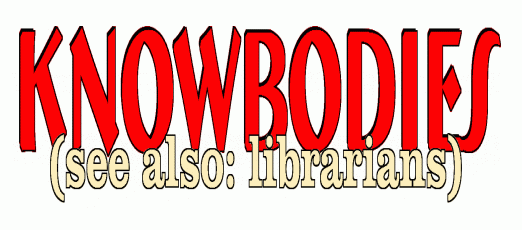
Clay Shirky, author of Here Comes Everybody, shares some interesting perspectives on "Gin, Television and Social Surplus" Shirkey asks the metaphysical question, where does all the time we waste on blogging and surfing come from? The metaphysical answer, in our day and age, is sitcoms. Back in the early days of the industrial revolution, the social surplus represented by television today was to be found in gin - not the cotton gin, which is the one I always associated with the industrial revolution, but the kind that comes in bottles. At the height of the Gin Craze, the spirit of which is nicely captured in Hogarth's painting, gin was ladled out from stalls and wheelbarrows in the streets of London. Shirky argues that only after "society woke up from that collective bender" that was the gin craze, did it set about developing the institutional structures that we today associate with the industrial revolution - public libraries and museums, increasingly broad education for children, elected leaders..."a lot of things we like--didn't happen until having all of those people together stopped seeming like a crisis and started seeming like an asset." It sounds like an endorsement of web2.0, but I'm not sure I get it. Undoubtedly, I now waste less time on television and more in front of my computer - perhaps that's a small step forward. To my mind web2.0 prophets too often see participation and interaction as a virtue rather than mere diversion, which is what it is most of the time. Shirky says "It's better to do something than to do nothing. Even lolcats, even cute pictures of kittens made even cuter with the addition of cute captions, hold out an invitation to participation." I think not - time is better spent reading, or just thinking, and drinking gin. Jonathan Franzen's wonderfully titled collection of essays "How to be alone" provides some balance for the web2.0 mindset. The NYT article "A Newer Lonelier Crowd Emerges in New Internet Study" cites a report that shows an emerging lonely crowd on the internet, but that was in 2000 - it would be interesting to see something that addresses web2.0. (and follows classic studies like Riesman's Lonely Crowd and Putnam's Bowling Alone) Throngs? One at a time...use the comments feature.







